
Dr. Ellison’s Lab
Socially Conscious Lab: Science with a Soul
A Lab Merging Neuropsychology and Systemic Inequities, Social Determinants of Health, and Promoting Openness to Diversity/Diverse Viewpoints
***Dr. Ellison will not be personally accepting a new student for the 2025-2026 academic year; however, will be interviewing prospective PhD students interested in RFUMS' Clinical Psychology Doctoral Program and/or Dr. Hill's lab. For prospective PhD students interested in applying to RFUMS' Clinical Psychology Doctoral Program, please submit your application through RFUMS' Clinical Psychology Doctoral Program.***Are you interested in working as a volunteer research assistant in Dr. Ellison’s lab? Please send a cover letter explaining your relevant research interests and goals as an RA along with your CV to Hannah VanLandingham, MS (hannah.vanlandingham@my.rfums.org).
About: Prior to becoming a Clinical Neuropsychologist, Dr. Ellison began her research and practice as a clinical/community psychologist, focused on better understanding ways to engage individuals, particularly those with varying levels of privilege, in social and racial justice. Her current research interests and lab projects merge her background and interest in neuropsychology and social justice, with on social determinants of health, cultural factors in neuropsychology, and the intersection of systemic injustice, social/political issues and cognition.
Helix Summer 2023: Investing in People (RFUMS spotlight on our lab)
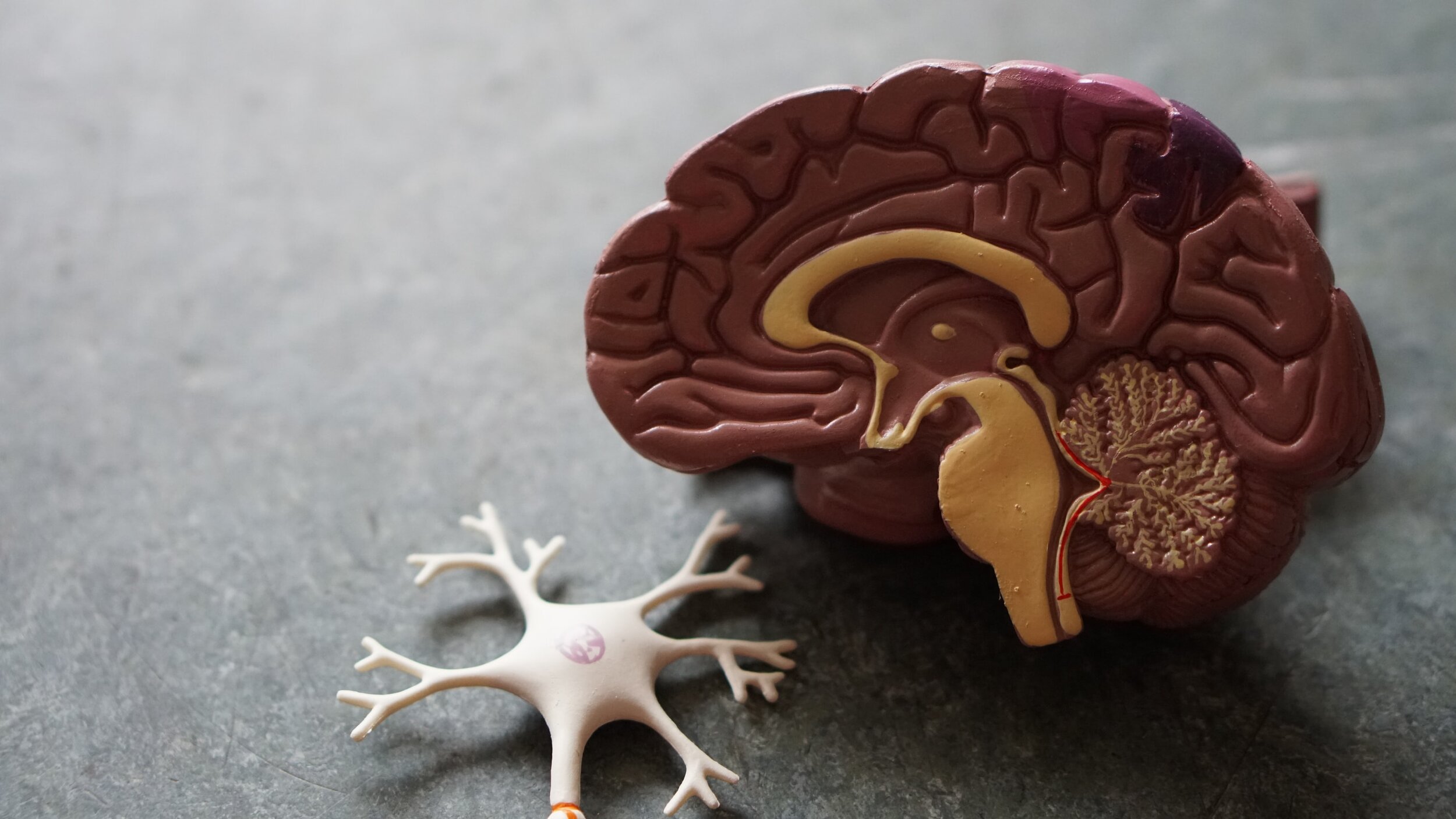
Current Projects
Exploring the Cognitive Burden of Race-Based Code Switching
Study goals: to collect self-report cross-sectional data cognitive of the perceived burden of race-based code-switching (phase 1), then to empirically test the potential cognitive burden of race-based code-switching in a controlled context using a neuroimaging-based paradigm.
Assessment of Best Practices in Cognitive Rehabilitation Post-COVID
Study goals: to gain a better understanding of (a) the most effective cognitive rehabilitation methods in post-COVID patients, (b) providers’ sense of other possible etiologies of reported cognitive complaints for this population, and (c) the common cognitive/functional concerns for this patient population (e.g., reason for referral for cognitive rehabilitation treatment; treatment goals, etc.)
cogSMART for Cancer
Study goals: to assess efficacy of a newly developed/updated intervention (i.e., cogSMART for Cancer), and assess if participation in the intervention results in improvements in both (a) subjective and (b) objective cognitive functioning, as well as (c) self-reported mental health symptoms.
COVID-19 & Cognitive Outcomes
Study goals: to understand the effect(s) of Severe Acute Respiratory Syndrome Coronavirus 2 (SARS-CoV-2) “long COVID syndrome”, better known as Coronavirus Disease 2019 or COVID-19 “long haulers” and its potential impact on cognitive functioning in a diverse adult community sample; both in English and Spanish.
Race Based Stress and Empowerment Focused Compensatory Cognitive Training for Mild Cognitive Impairment (RBSEF-CCT-MCI)
Study goals: to pilot a new adaptation of Motivationally Enhanced Compensatory Cognitive Training for Mild Cognitive Impairment (ME-CCT-MCI; Huckans et al., 2013) that integrates components from the Race Based Stress and Empowerment (RBSE) group (Carlson et al., 2018) for an increased focus on race-based stress and discrimination for racial minority older adults. We hope to then conduct a RCT with the original CCT-MCI-ME intervention.
Compensatory Cognitive Training for Mild Cognitive Impairment in Sexual and Gender Minority (SGM) Older adults (CCT-MCI-SGM)
Study goals: to modify the newly developed Race Based Stress and Empowerment Focused Compensatory Cognitive Training for Mild Cognitive Impairment (RBSEF-CCT-MCI) to tailor to identify-based stress related to sexual and gender minority status, for an increased focus on SGM-based stress and discrimination for SGM older adults.
Executive Functioning, Emotion Regulation, & Challenging Sociopolitical Conversations
Study goals: to empirically test potential short-term, low-effort online interventions on increasing empathetic understanding to diverse viewpoints. The study also explores the role of executive functioning (through objective neuropsychological testing), and the process of staying emotionally regulated during challenging social/political conversations.
Challenging Sociopolitical Conversations: Exploring Best Practices for Classroom Instruction
Study goals: to assess the perceived effectiveness of teacher training on techniques related to social-emotional learning, specifically aimed at helping teachers and students alike manage their reactions during discussions of controversial issues, which we hope will both promote open mindedness and tolerance of a diversity of viewpoints and enhance learning.
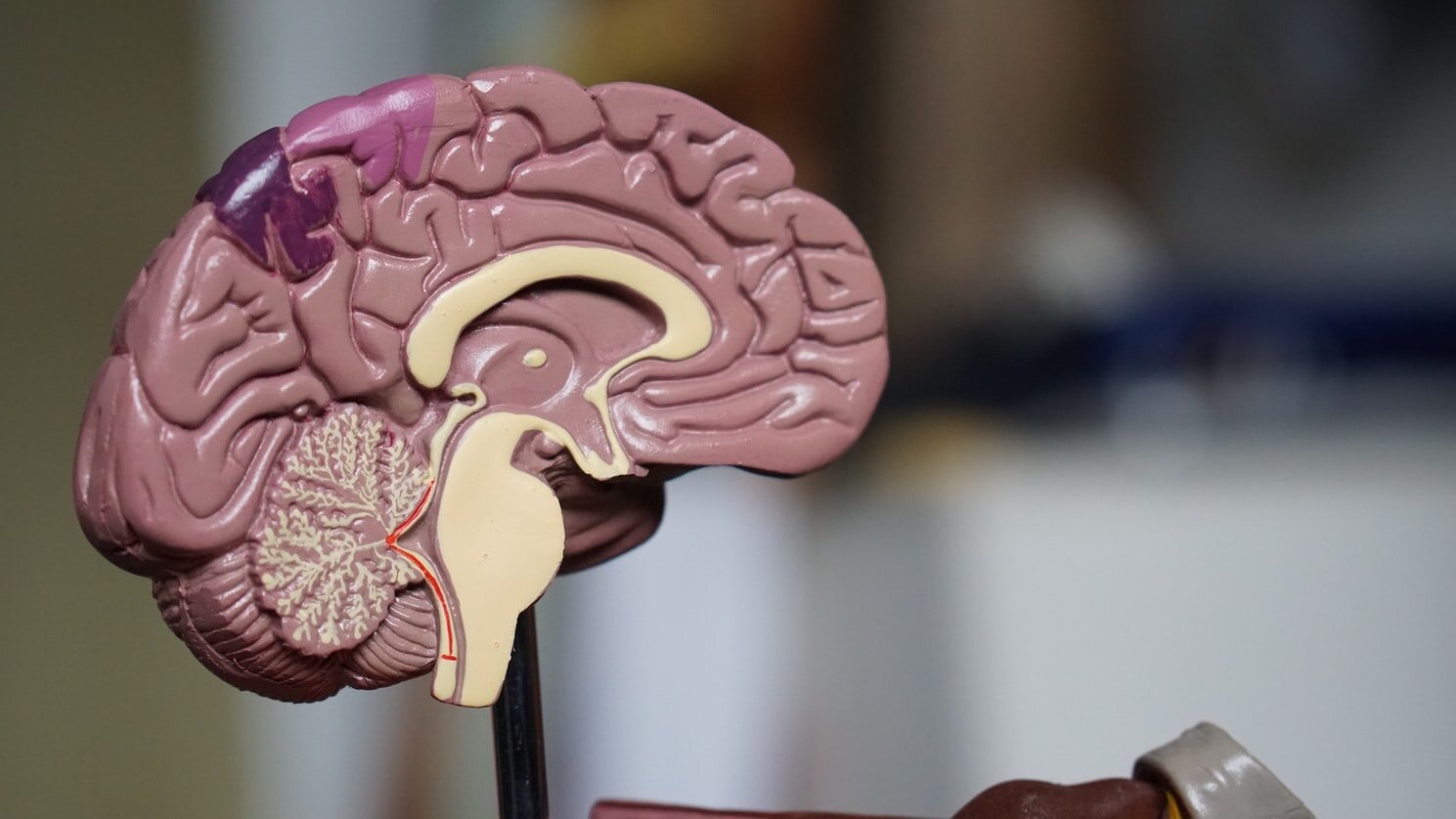
Research Lab Collaborations
Hines VA TBI Research Team
Avocado Vascular (AvVa) Study: Effects of regular intake of avocados, a source of health fats and micronutrients, on systemic and ocular vascular health
IIT, Institute for Food Safety and Health
Primary Investigators: Britt Burton-Freeman, PhD (IIT, Institute for Food Safety and Health), Rebecca K Zoltoski, PhD (Illinois College of Optometry); Arlene Chapman, MD (University of Chicago Medicine)
The Ellison Lab is currently building relationships with the Captain James A Lovell Federal Health Care Center
Biology, Identity and Opportunity (BIO) Study
Study goals: to explore if disparities in race-based stress (e.g., perceived racial discrimination) and stress biology (e.g., cortisol daily rhythms and sleep hours and quality) may help to account for racial-ethnic disparities in academic performance and cognition.
Primary Investigators: Emma Adam, PhD (Northwestern University); Adriana Umaña-Taylor, PhD (Harvard University); Mesmin Destin, PhD (Northwestern University)
Socially Conscious Lab Team
-
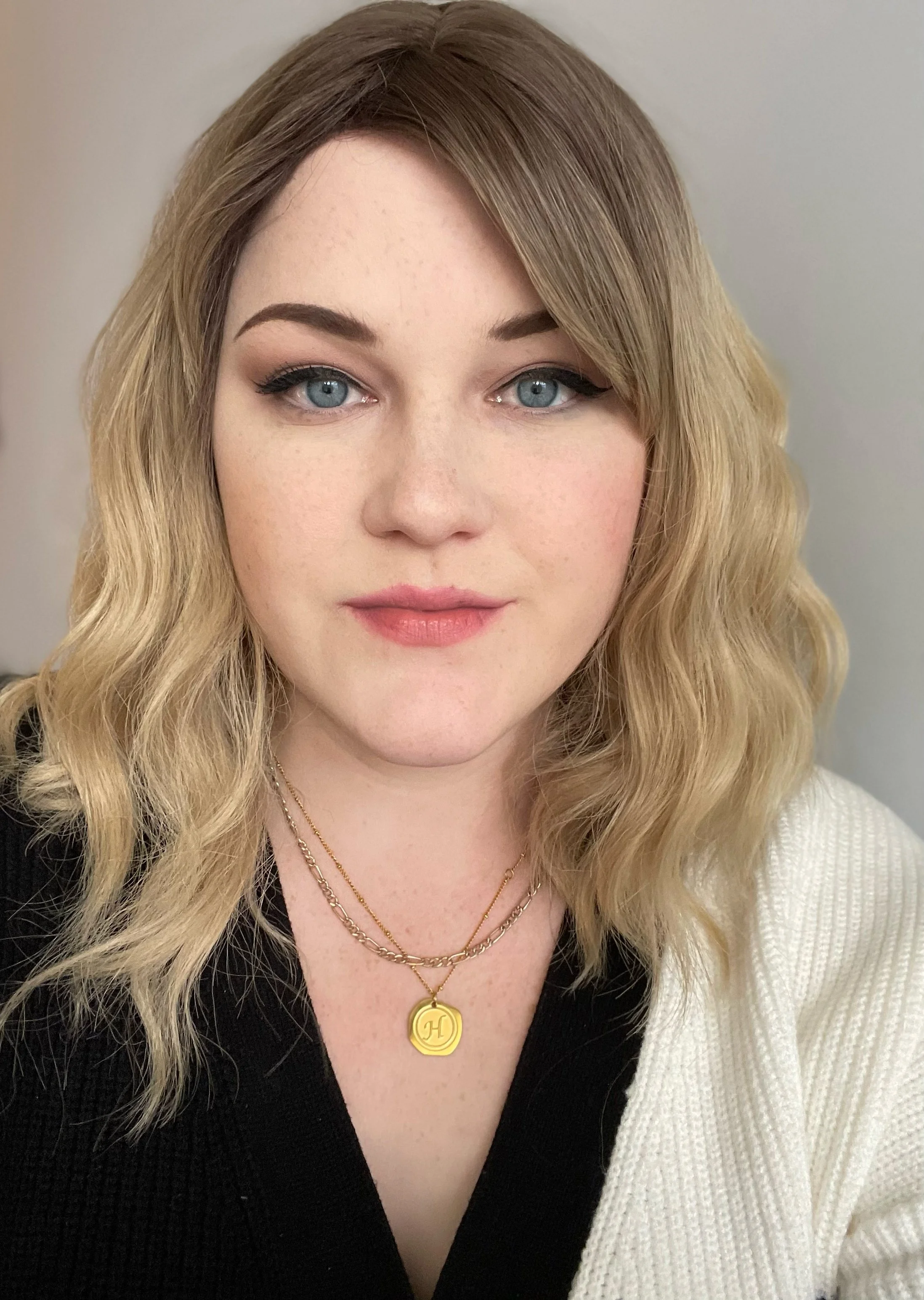
Hannah B. VanLandingham, M.S.
Clinical Psychology Doctoral Student; Neuropsychology
Dr. Ellison Primary Clinical/Research Advisee
Hannah is a 5th-year clinical psychology Ph.D. candidate at RFUMS, and an advanced neuropsychology extern at The Neurology Center of Southern California. She previously trained at Northwestern Medicine, the University of Illinois Chicago, and the Edward Hines, Jr. VA hospital. She is primarily interested in integrating neuropsychology and rehabilitation in her areas of interest, namely cognitive health for underserved populations with complex medical conditions, brain injury and/or neurodegenerative pathology. Her current research centers on the impact of health inequities on cognitive functioning, cognitive rehabilitation, and examining the neurocognitive sequelae and profiles of various medical pathologies. Before attending RFUMS, she earned her M.S. in psychology at the Illinois Institute of Technology and completed her clinical master’s thesis on verbal and nonverbal processing speed discrepancy profiles for Veterans with co-occurring mTBI and PTSD. Moreover, she earned an M.A. in Psychology from San Diego State University and her B.S. in Psychology with a minor in English at Virginia Commonwealth University.
Contact: hannah.vanlandingham@my.rfums.org
-
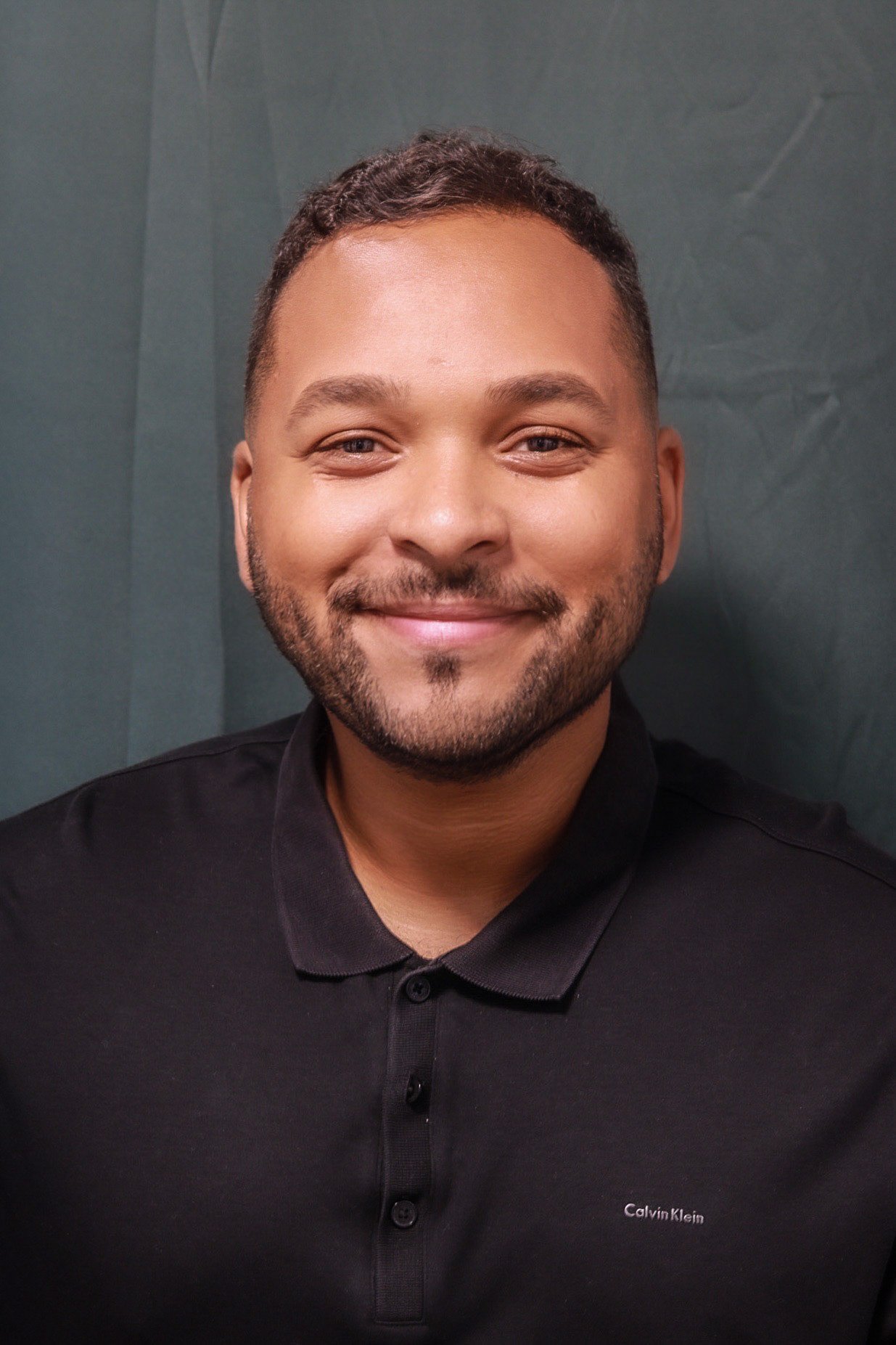
Christopher Gonzalez, M.S.
Clinical Psychology Doctoral Student; Neuropsychology
Dr. Ellison Primary Clinical/Research Advisee
Christopher is a 5th year PhD candidate specializing in neuropsychology. His research interests include the cultural effects of subjective cognitive decline (SCD) and social determinants of health (SDOH), particularly in the preclinical stages of Alzheimer's disease. His other research interests are SARS-CoV-2, imaging markers, cardiovascular health, memory, and health disparities among English/Spanish speaking non-Hispanic Black and Latine/Hispanic populations. Christopher actively contributes to his field as the Student Representative-Elect Board of Directors for the Hispanic Neuropsychological Society (HNS) and as a Hispanic Serving Institution (HSI) Ambassador for New2Neuropsychology. Through these roles, he promotes collaboration and awareness of the challenges faced by underrepresented communities. He hopes to unravel the complexities of neuropsychology and advocate for marginalized communities with the ultimate goal of improving the lives of individuals affected by cognitive decline and related health disparities.
Contact: christopher.gonzalez@my.rfums.org
-

Humza Khan, M.S.
Clinical Psychology Doctoral Student; Neuropsychology
Dr. Ellison Primary Clinical/Research Advisee
Humza Humza is a seventh-year Ph.D. student in the Illinois Institute of Technology’s clinical psychology doctoral program. He is currently a neuropsychology intern at the University of Washington at Seattle (UW) in the Rehabilitation Neuropsychology track. Before starting at IIT, he received his B.S. in Neuroscience at the University of Illinois at Chicago. Humza's current research interests include examining social determinants and health in the context of neuropsychology, specifically identifying differences between health information and executive functioning. His clinical interests include cross-cultural neuropsychology, demyelinating disorders, and dementia. Outside of research, Humza is interested in non-profit work, architecture, and racket sports.
Contact: hkhan20@hawk.iit.edu
-
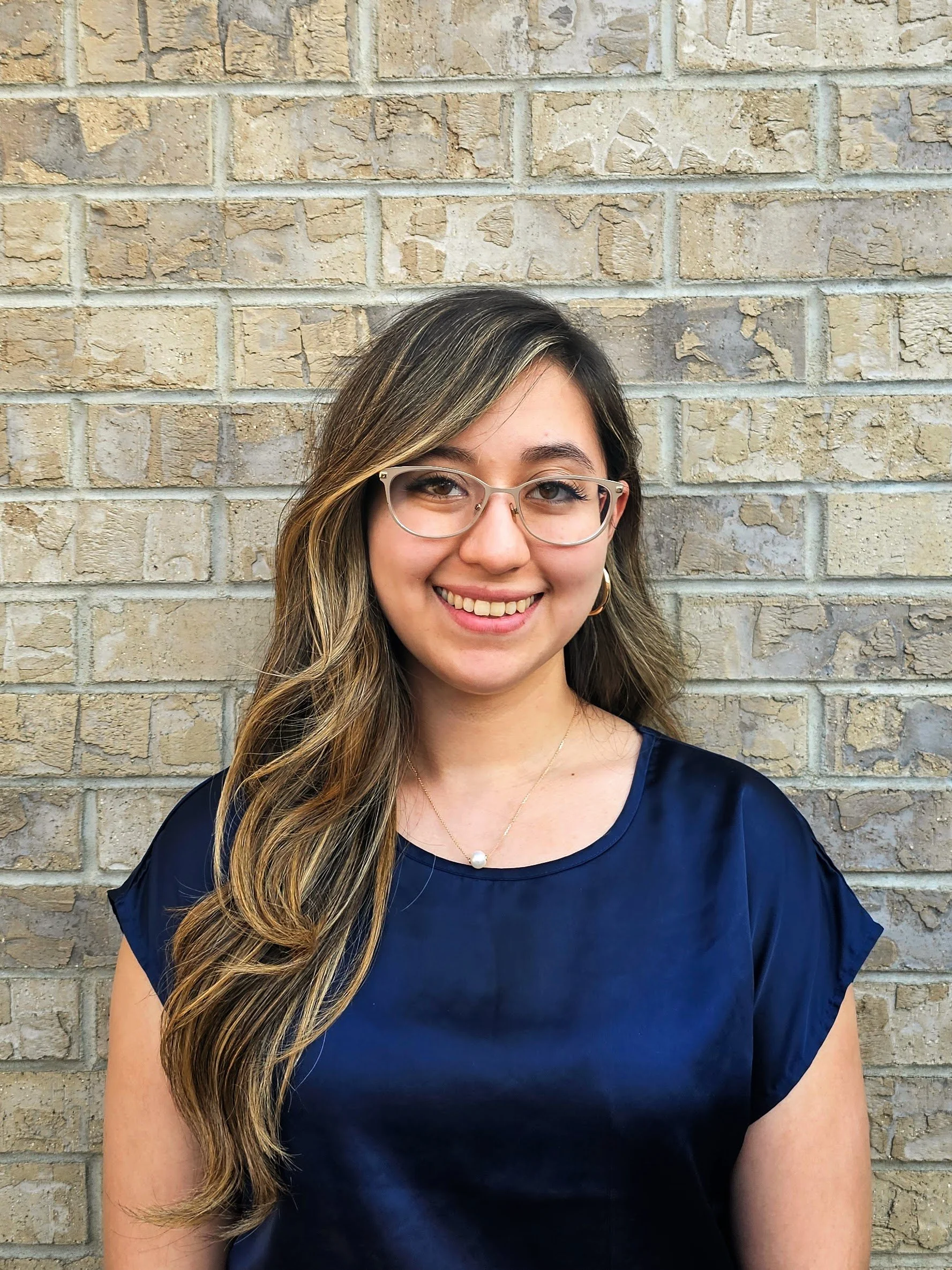
Karen Basurto
Clinical Psychology Doctoral Student; Neuropsychology
Dr. Ellison Primary Clinical/Research Advisee
Karen is 2nd year doctoral student in the clinical psychology PhD program at RFUMS, specializing in multicultural neuropsychology. Her academic focus is enhancing healthcare practices through comprehensive assessment and evaluation, particularly for Spanish-speaking Latin American populations. Her research has contributed to understanding the neuropsychological impacts of various socio-demographic factors and adverse experiences on cognitive and functional performance. Her interests span a wide range, from investigating health literacy in cognitive diagnostics to exploring neuropsychological challenges such as bilingualism/acculturation, epilepsy, and organ transplant care for Spanish-speaking patients. Recent work includes studying the impact of adverse childhood experiences on symptom and performance validity tests among patients with ADHD, exploring subfactors of adult cognitive disengagement syndrome, and assessing the limitations of performance validity using neuropsychological tests. Her contributions extend to clinical settings, such as her continued service as a bilingual neuropsychological psychometrist. Her work showcases a multidimensional approach to understanding cognitive functioning, health literacy, and neuropsychological assessment across diverse populations and clinical conditions. Beyond her academic and research pursuits, Karen is passionate about personal growth and community engagement. She enjoys learning new languages, volunteering, and teaching, which complement her academic work by broadening her cultural and individual perspectives. Karen also values time spent with family and friends, emphasizing a well-rounded approach to her professional and personal life.
Contact: karen.basurto@my.rfums.org
-

Jared Cherry
Clinical Psychology Doctoral Student; Neuropsychology
Dr. Ellison Primary Clinical/Research Advisee
Jared is a 2nd-year Clinical Psychology Ph.D. student specializing in Neuropsychology and a Clinical Psychology extern at the Captain James A Lovell Federal Health Care Center. He received his B.A. in History and B.F.A. in Music Performance from York University in Toronto. He has work experience as a teacher and course designer for multiple international educational institutions, and he has a variety of research experience with several Neurology, Neuropsychology, and Neuroscience laboratories throughout North America. His research interests lie at the intersection of neuroscience and psychology, focusing on the use of neuroimaging and neuropsychological assessment for the development and administration of cognitive and behavioral interventions such as psychoeducation, cognitive rehabilitation, cognitive training, and counseling.
Contact:: j.jacobsoncherry@my.rfums.org
-
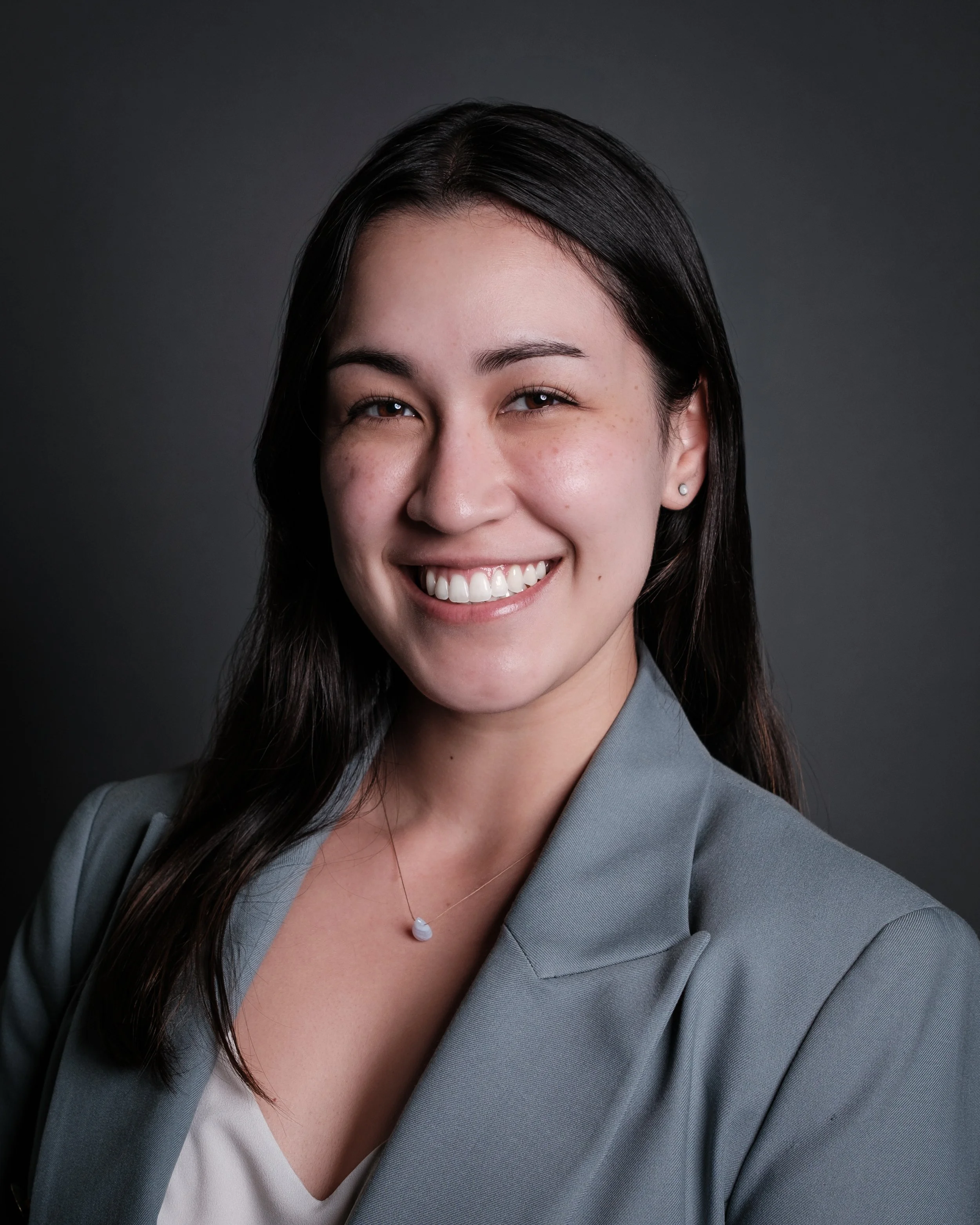
Janelli Rodriguez
Clinical Psychology Doctoral Student; Neuropsychology
Dr. Ellison Primary Clinical/Research Advisee
Janelli is a first-year clinical psychology Ph.D. student on the neuropsychology track at RFUMS. Before graduate school, Janelli received her B.A. in Cognitive Neuroscience from Washington University in St. Louis, also minoring in Latin American Studies. Her research interests include racial disparities in different dementia syndromes and cognitive functioning, as well as neuropsychological assessments and cognitive rehabilitation in diverse populations, especially within Spanish-speaking communities. Janelli is also passionate about community outreach in populations underrepresented in research. Outside of her academic work, she enjoys weightlifting, traveling, and spending time with her family and friends.
-

Madeleine Smith, M.S.
Clinical Psychology Doctoral Student; Neuropsychology
Dr. Ellison Primary Clinical/Research Advisee
Madeleine is a first-year clinical psychology Ph.D. student specializing in neuropsychology. She completed her master’s degree at Johns Hopkins University and received training at the Johns Hopkins School of Medicine. Her research interests focus on putative risk factors across the lifespan influencing late-life neuropsychiatric functioning and rapid brain aging in BIPOC populations. Madeleine is interested in utilizing in vivo brain imaging with neuropsychological assessment to investigate relationships between sociodemographic disparities and subclinical neuropathology. Drawing from her clinical background, she plans to conduct research on adaptive treatment strategies that target modifiable risk factors to slow cognitive decline in individuals disproportionately affected by racially patterned stress.
Contact: madeleine.smith@my.rfums.org
-
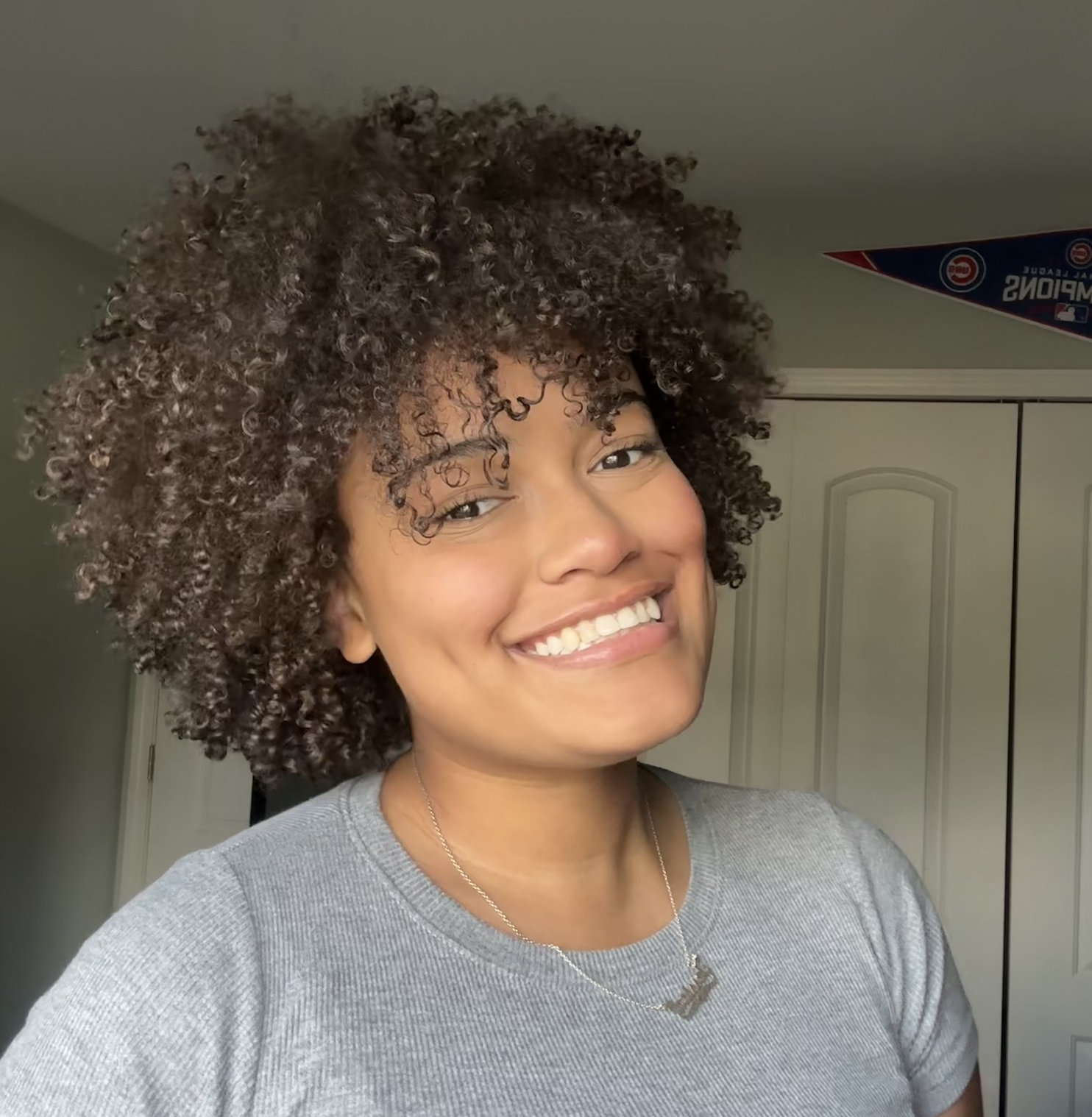
Jessica Hudson
GraduatenResearch Assistant
Jessica is a second-year master student in the clinical counseling program. Her research interests include cognitive rehabilitation and traumatic brain injury in underrepresented communities. In her free time, she enjoys cooking, exercising, reading and spending time with family and friends.
-

Erica Roth
Graduate Research Assistant
Erica Roth is a first-year master’s student in Clinical Counseling at Rosalind Franklin University of Medicine and Science, transitioning into the mental health field after a career in corporate recruiting. She previously worked as an executive recruiter, including at Zoom during the height of the pandemic. Now, as a career changer, she is dedicated to trauma-informed, evidence-based interventions. Her research interests include interpersonal violence, mass shootings, and the development of violent behavior. Erica is actively involved in advocacy and nonprofit work, serving as a trained Medical Advocate with Resilience and previously serving on the board with A Night Out, Inc., which provides therapeutic group outings for domestic violence survivors.
-

Hunter Crowton
Graduate Research Assistant
Hunter is a first-year Clinical Counseling Master’s student on the research track at RFUMS.
His main research interests integrate neuropsychology, geropsychology, and multicultural factors such as bilingualism, cultural differences, discrimination, and racial health disparities. He is also interested in studying the effects of cognitive factors on relationships. Prior to graduate work, Hunter studied at Utah State University, where he engaged in research that intersected functional neuroimaging with human development and family studies. Outside of research, Hunter loves finding new dishes to cook, binge-watching shows with his wife, and organizing game nights with friends.
-
Thomas A. Sedgwick, M.A.
Post-Bac Research Assistant
Thomas is a volunteer research assistant and has been involved with Dr. Ellison’s Socially Conscious Lab since 2023. He received his B.S. in Neuroscience with a specialization in behavioral/systems at The Ohio State University and his M.A. in Clinical Psychology at Roosevelt University. His research interests include cognitive rehabilitation, executive functioning, and pediatric neuropsychology. In his free time outside of research, he enjoys spending time with family and friends, cooking, playing and watching soccer.
